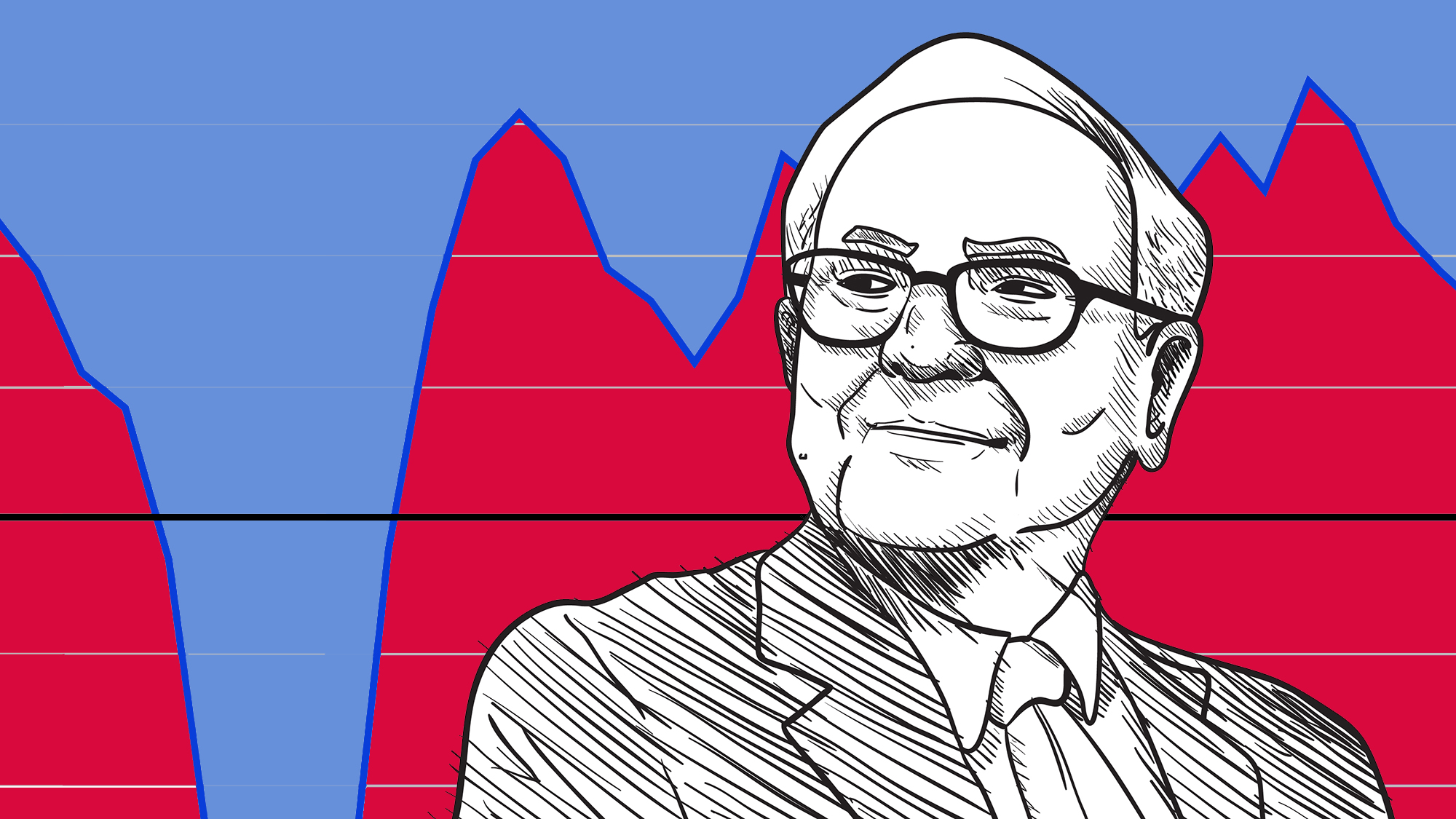Stephen Johnson
Managing Editor, Big Think
Stephen Johnson is the Managing Editor of Big Think. Formerly a long-time contributor to Big Think, he is a St. Louis-based writer and editor whose work has been featured in U.S. News & World Report, PBS Digital Studios, Eleven Magazine, and The Missourian.

Survivors of the shooting at Marjory Stoneman Douglas High School in Florida are demanding that lawmakers in Washington take action on gun control measures.
In 2017, renewable energies accounted for 18 percent of the total power contributed to the electrical grid in the U.S. – the highest level ever.
The launch of SpaceX’s Falcon Heavy was widely covered by the media, but one astrophotographer wanted a different kind of shot of the Tesla Roadster tumbling through space.
Miles away from the site of the site of the PyeongChang Winter Olympics in South Korea, eight teams raced skiing robots down a mountain for a chance to win $10,000.
A transgender woman was able to breastfeed her baby after completing an experimental treatment regimen, but it’s still not clear what the effects of the breastmilk might have on the child.
U.S. drivers faced a 12% greater risk of dying in a car crash on April 20 over the past 25 years. The likely explanation? High drivers.
For the first time in Facebook’s history, the number of daily active users in the U.S. dropped—by about 700,000.
SpaceX made history Tuesday after successfully launching its Falcon Heavy rocket into space, but not all are convinced any of that actually happened.
Each year since 2010, thousands of parents submit photos of their children for consideration in Gerber’s “Spokesbaby” contest. This year the winner made history.
SpaceX CEO Elon Musk is encouraging aerospace companies to up their game after successfully launching the most powerful rocket since NASA’s Saturn V.
Environmental concerns have caused some to opt-out of reproduction, both to help the planet and to protect their would-be children.
Dodge Ram has drawn the ire of social media after using audio clips of a Dr. Martin Luther King, Jr. speech in a commercial that ran during Super Bowl LII.
A new technology hopes to provide customers with “human surrogates” who strap screens to their faces so they can interact with the world on customers’ behalf.
Hasbro is releasing a Cheaters Edition Monopoly that encourages players to get ahead in any way they can.
In a landmark study for the tissue engineering community, scientists have successfully grown and reconstructed new ears for children born with a birth defect.
The three behemoth companies are teaming up to disrupt the U.S. health care industry, a move that spooked the markets on the morning of the announcement.
While millions catch a glimpse of a rare lunar event, NASA plans to shut down an orbiter whose purpose is to study the moon.
President Donald Trump veered away from his typical protectionist rhetoric at the World Economic Forum in his remarks on the benefits of global cooperation.
French president Emmanuel Macron recently announced plans to close all of the country’s coal-fired power plants two years ahead of schedule.
The term “hodl” originated in a drunken post about Bitcoin from 2013, but it’s evolved into a movement in the cryptocurrency community.
It’s the first time the U.S. has fallen off the top 10 list since Bloomberg began its index.
The U.S. government has shut down 18 times in the past four decades, but this most recent instance has proven unique.
Scientists can now virtually reconstruction certain long-dead individuals, without the need for DNA samples from physical remains.
A new law in Germany seeks to close the gender pay gap, but it could ultimately prove counterproductive.
Nigeria, which accounted for more than half of all polio cases in 2012, reported zero new cases of the infectious disease in 2017.
The social media behemoth wants you to use their platform less, not more, than before.
The genius investor hits an optimistic note in a time of dire fiscal predictions.
Poachers trade on a black market estimated to total $40 billion. It’s impossible to stop every poacher, but new technology could bolster the efforts of conservationists by putting a set of eyes in the sky.
The winner of the Royal Statistical Society’s first “International Statistic of the Year” award provides a shocking insight into the real threats Americans face.
In 2017, conflict was stronger between red and blue than it was between black and white.





























